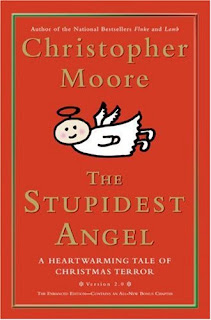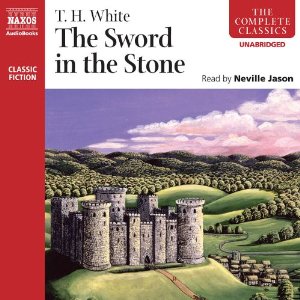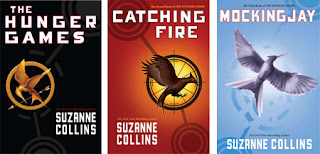And I thought I'd have trouble getting to forty.
Unlike my feelings for the Twilight series, I have never had anything against Harry Potter. It never particularly interested me, but as I mentioned in my very first post here, I will pretty much read just about anything. (Except Frankenstein, apparently.) Most of the reason I've never read the series so far is that I didn't have the books. I didn't want to read them when I was younger, so I had a lot of catching up to do. I am notoriously thrifty, yet for some reason don't frequent libraries, so asking me to invest in, like, eight giant books is pretty much like asking me to give you a kidney. Lo and behold, I happened to mention that I'd like to give the series a go, and my mother-in-law told me she bought the first five books for her classroom back when she was a 3rd grade teacher. She has no use for them now, so home with me they came. Merry Christmas to me!
Everyone knows that Harry Potter is a giant phenomenon, which, admittedly, does turn me off a little bit. Maybe that's the small portion of hipster in me, but when something is off-the-charts mainstream like that, I am immediately skeptical of the hype. I never understood the people waiting in line at midnight for copies of the books as they came out, or people dressed as Harry in line to see the movies, or those crazy folks who play Quidditch...
... But it is so easy to see how those people became crazy Potter addicts. It's horrible, and I am mostly ashamed to admit it, but... ohmyGod, where has this been all my life? I loved it. I read it in a matter of hours. I was grinning like a child when I finished it. I HATE MYSELF.
Really, I feel terrible for liking it so much, but I shouldn't! J.K. Rowling, unlike many over-hyped series authors, is actually extremely talented. She's clever and funny, and she does a really good job of not dumbing the plot down. It's obviously written for kids, and that often means (as was the case with The Secret of Platform 13) that I figure out plot twists early. Not this time. No, no, I was screaming, "WHAT?! What? WHAT?" at the end. Ask Derrick. It was embarrassing. It really was. But honestly, a couple chapters in and these people feel like your best friends. It's so good. Ugh.
Ugh!
5/5 Stars
Read from December 29, 2010 to December 30, 2010
--C














